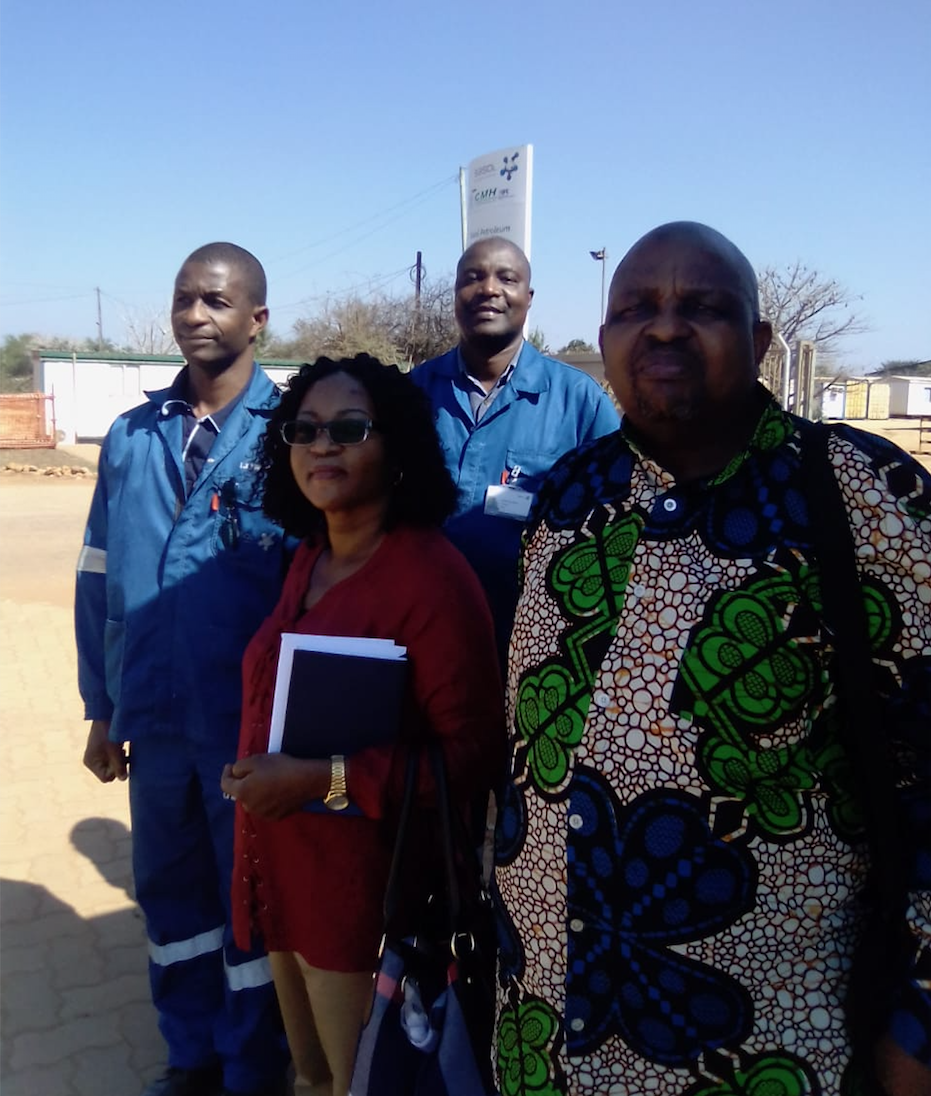10 August, 2018Oil and gas workers employed by multinational, Sasol, with operations in Canada, USA and South Africa, are demanding better wages and working conditions.
At a meeting in Temane, a natural gas exploration and production plant with a workforce of 143, workers are demanding above-inflation wage increases and collective agreements extended from the current one year to two years.
Workers also want to be represented by a union official during collective bargaining instead of a shop steward, as it is common in these meetings that management sends human resources experts and lawyers to negotiations. Further, they want the union’s capacity on collective bargaining to be improved.
The workers are organized by IndustriALL affiliate in Mozambique, SINTIQUIAF, say relations between the union and the company are not cordial, and therefore not conducive to fair bargaining.
SINTIQUIAF members at Sasol Temane are also calling for a better deal and feel short-changed after getting only a 13 per cent increase, which is below the current inflation rate of 21 per cent. .
When a rotation allowance, which was part of their salaries, was stopped, workers lost earnings. They hope that in the future, revisions of job categories should lead to promotions. The stand-by watch system also disadvantages them as stand-by watchers earn more than the person performing the job.
Workers are further calling for an improved housing system. Although some workers are accommodated in a suitable housing facility, others live too close to the site which can be a serious health risk due to gas emissions from production activities.
As part of collaboration among IndustriALL affiliates in Sub Saharan Africa, the Chemical, Energy, Paper, Printing, Wood and Allied Workers Union, shared experiences on the bargaining structures and formats in the petroleum sector in South Africa from which lessons could be drawn for Mozambique.
Shop stewards were advised to build their negotiations capacity by getting more information from the company, government institutions on other wage offers and ensuring that workers were united and followed the collective bargaining process.
Jessica Gune, general secretary of SINTIQUIAF says:
While we appreciate that Sasol takes care of workers especially on health and safety, we would want the same efforts to be made towards improving collective bargaining and paying better wages. Sasol must also improve its relations with the union.
Mozambique is one of the emerging countries in the oil and gas sector. According to its national development strategy natural resources should be used for economic development and to end poverty.
